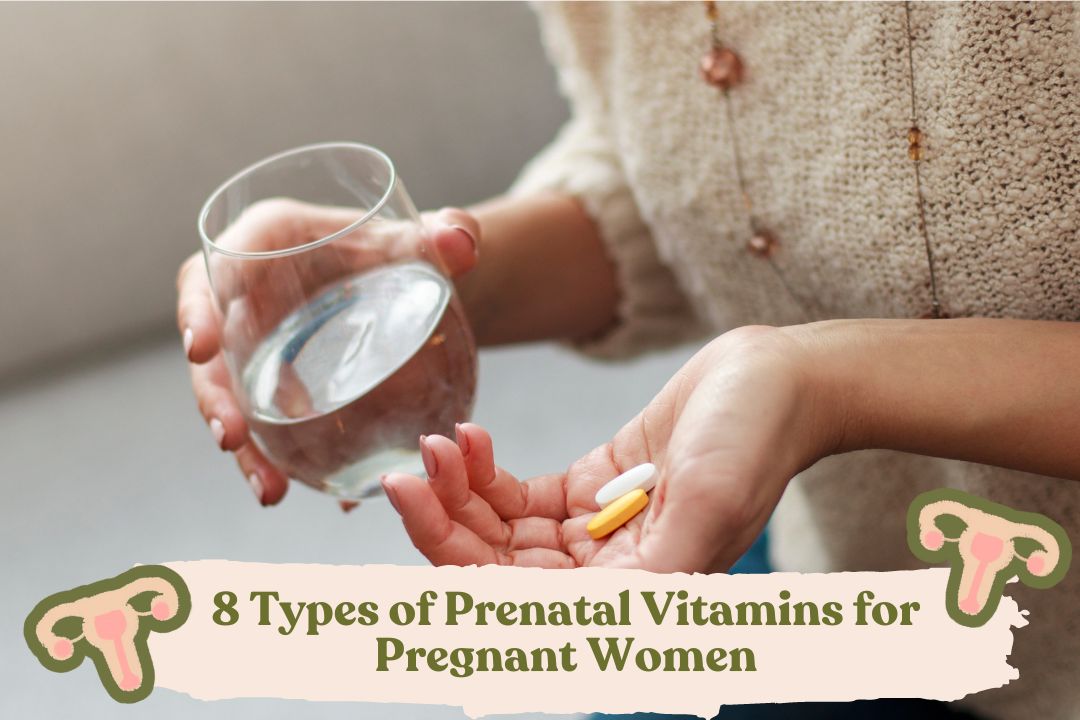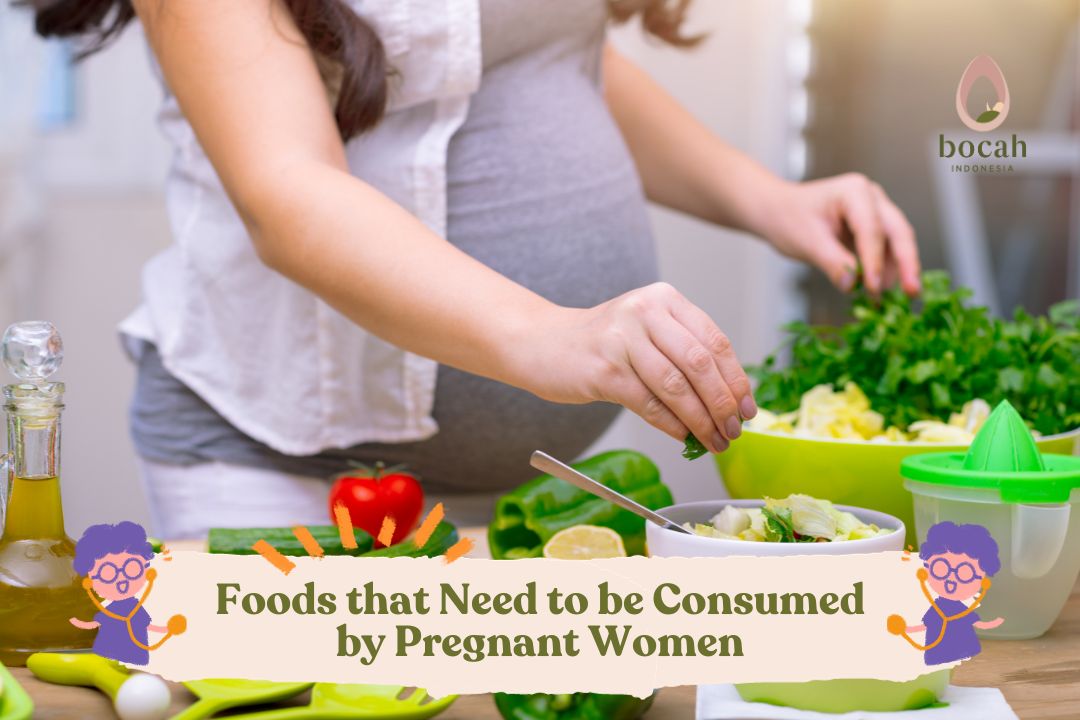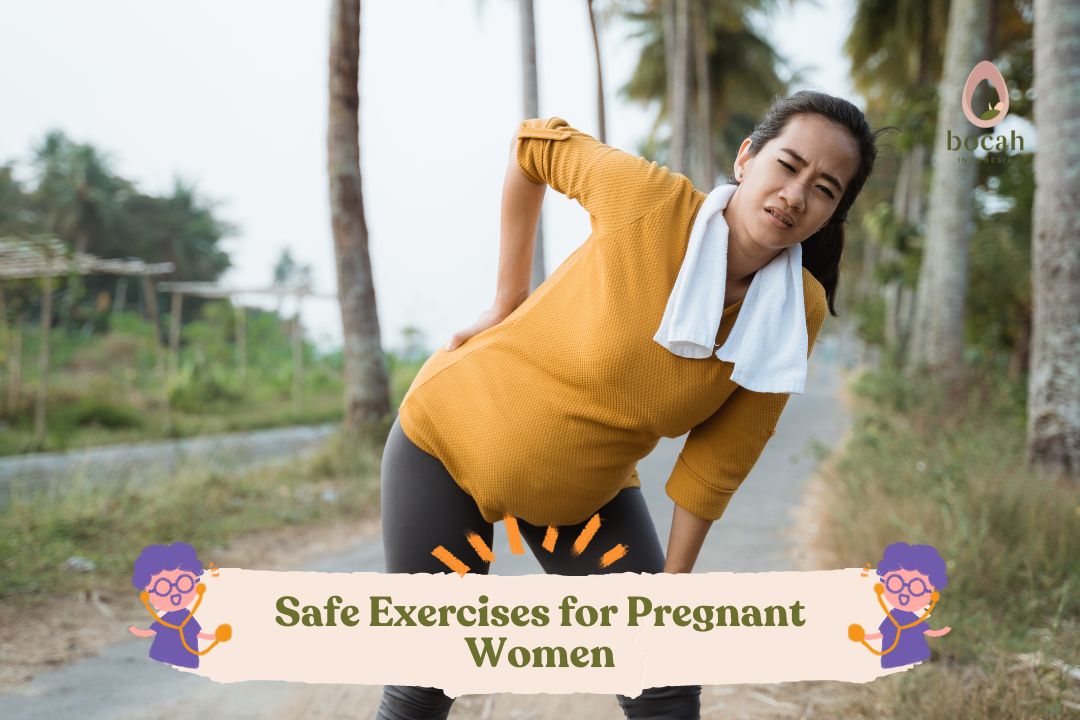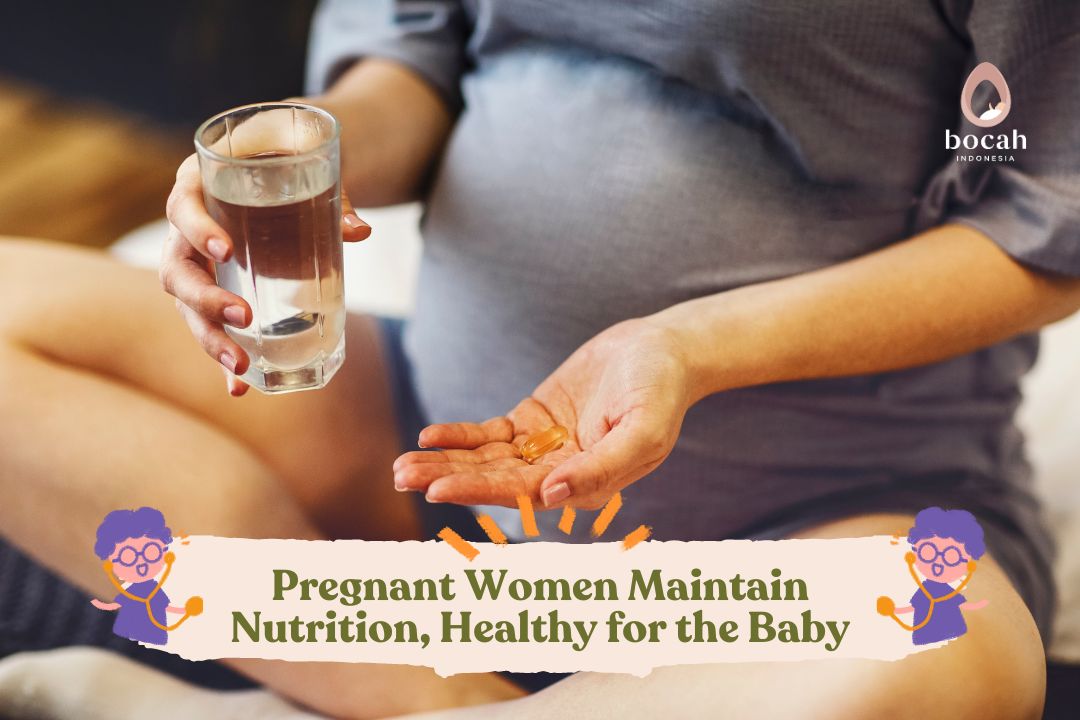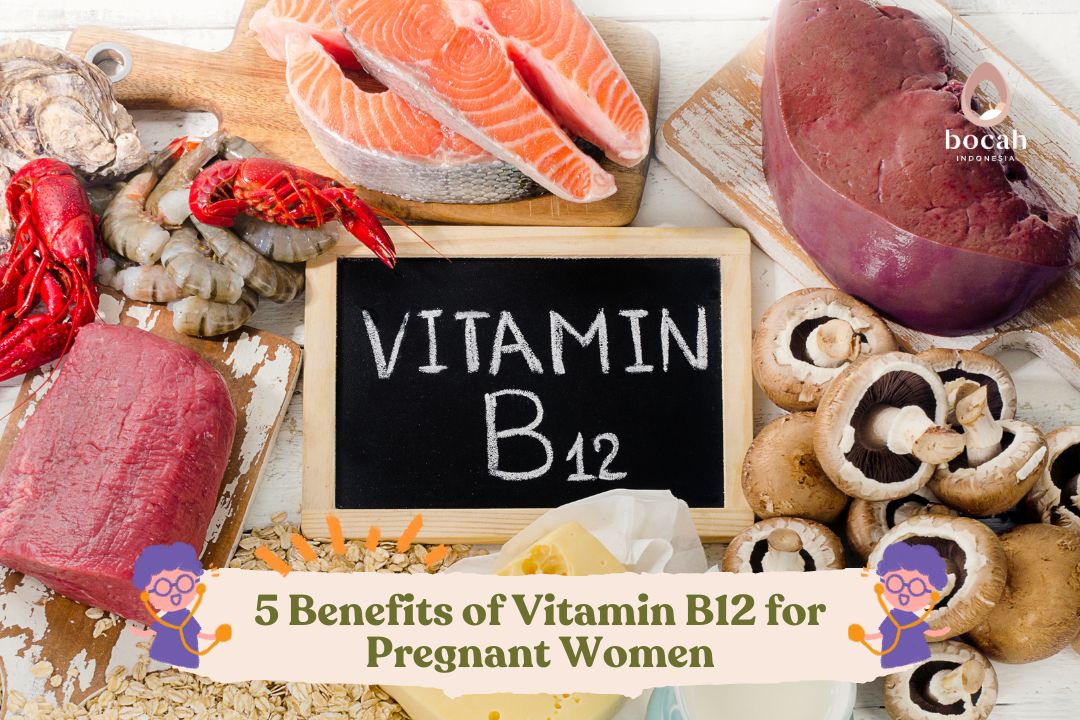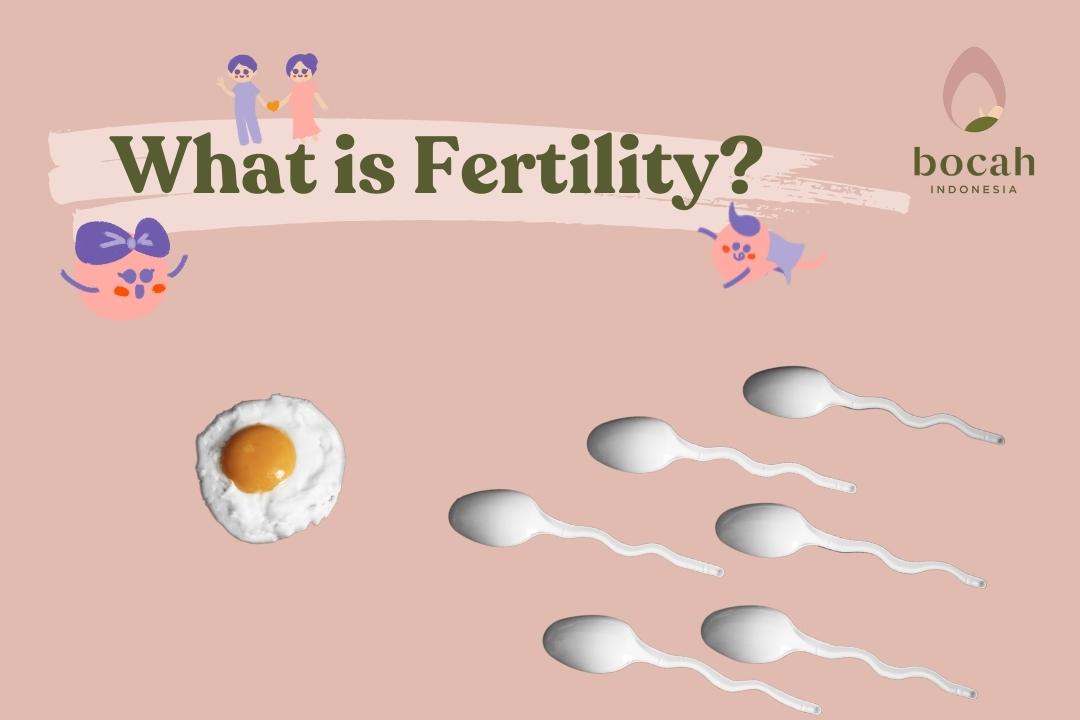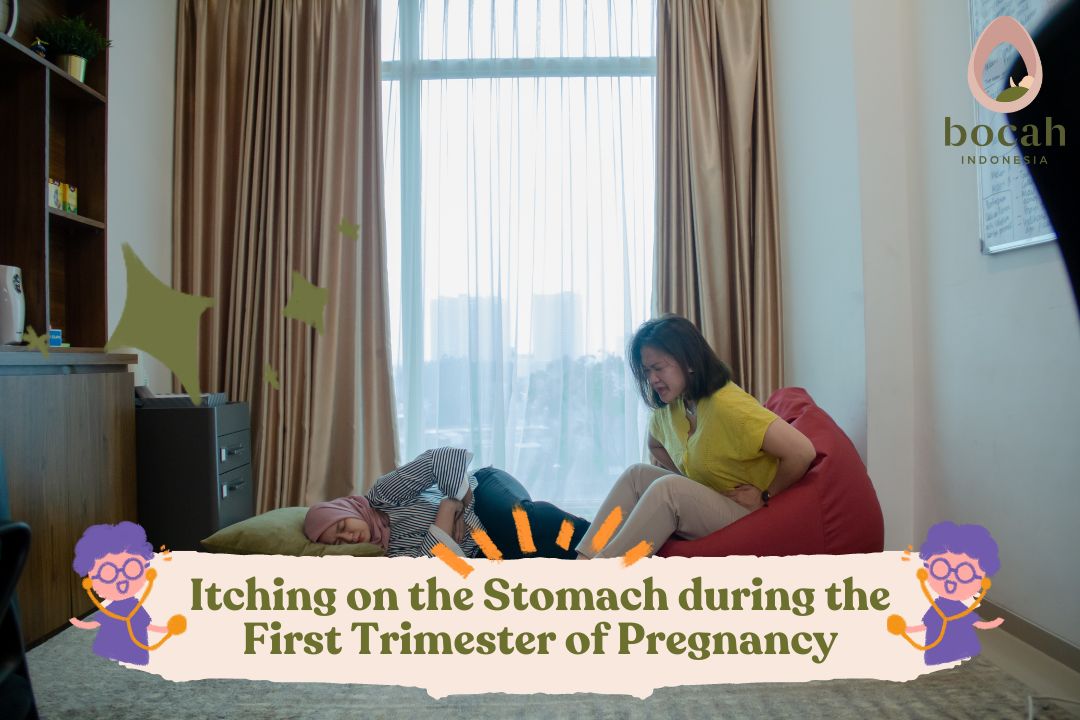Difficulty in Bowel Movement Causes Distress for Pregnant Women
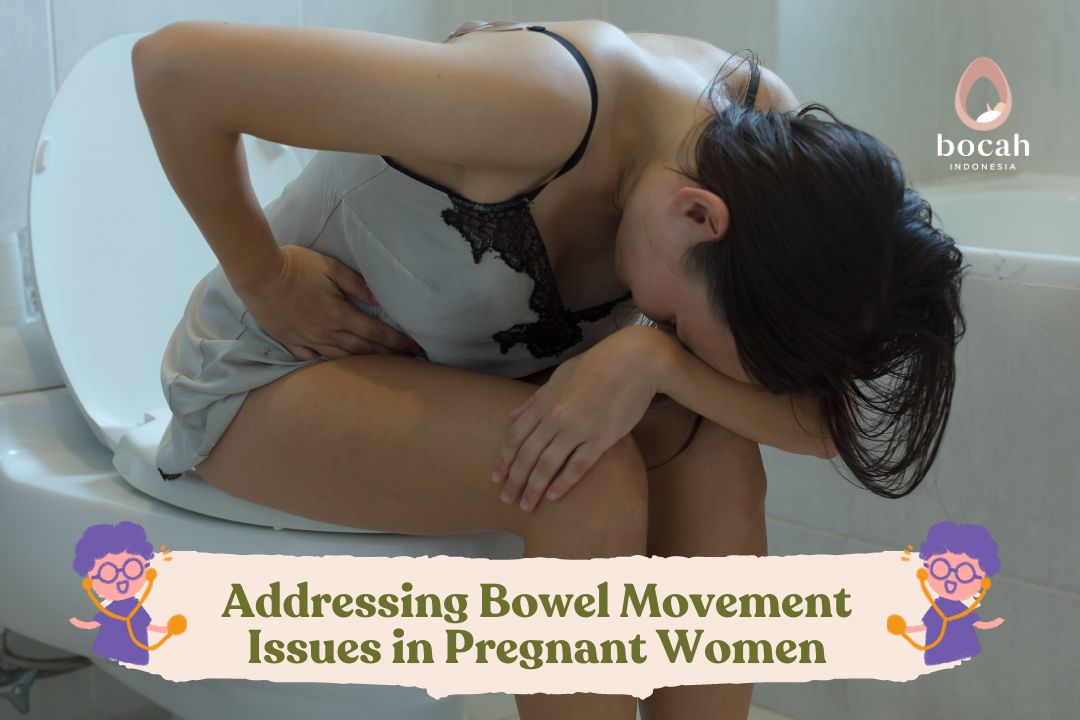
Difficulty in bowel movements or constipation can be an unpleasant experience during pregnancy. Discover how to address it here.
Constipation in pregnant women is a condition that is quite commonly experienced during pregnancy. This condition is also known as constipation and can cause discomfort for expectant mothers. However, mothers don’t need to worry because this condition is experienced by almost every pregnant woman. Although it’s not high risk, constipation during pregnancy can be very bothersome.
To deal with the difficulty in bowel movements in pregnant women, the first step you need to take is to identify the cause. After that, address the constipation based on its cause. Let’s explore further about the causes of constipation during pregnancy and how to address it in this article.
Symptoms of Constipation in Pregnant Women
According to the National Library of Medicine, constipation can happen to anyone, including pregnant women. Approximately 11 to 38% of pregnant women experience constipation during pregnancy. The third trimester is the time when most pregnant women experience constipation.
In the third trimester, especially between weeks 28 to 41, it is a period very close to childbirth. At this stage of pregnancy, the fetus, which has grown considerably larger, can exert maximum pressure on the mother’s intestines. This condition leads to constipation.
Tanya Ferly tentang Promil?
Although constipation often occurs in the third trimester, in fact, it can occur in all trimesters. Sometimes, mothers may experience constipation up to three months after the baby is born.
Here are some symptoms of constipation that mothers should be aware of:
- Mothers can only have bowel movements a few times a week.
- Struggling when having a bowel movement, and the stomach feels bloated and gassy.
- Hard stools when having a bowel movement.
- Pain during bowel movements.
Causes of Difficulty in Bowel Movement for Pregnant Women
Hormonal changes in the body during pregnancy and some habits that mothers might inadvertently practice can increase the likelihood of constipation. Here are some causes of constipation during pregnancy:
1. Increased Progesterone Hormone
One of the primary causes of constipation in pregnant women is hormonal changes. During pregnancy, the body produces the hormone progesterone which can increase the relaxation of muscles, including the muscles in the digestive tract. This can slow down the movement of food through the digestive tract, making stools harder and difficult to pass. This slowing down allows the body more time to absorb nutrients and water from the consumed food. The longer the food stays in the intestines, the more time the large intestine (colon) has to absorb moisture from that food. As a result, waste becomes dry and hard to pass during bowel movements.
2. Developing Fetus
The growth of the fetus makes the uterus heavier. This additional weight can exert extra pressure on the intestines, making it challenging to remove waste from the body. As the uterus enlarges with the growth of the fetus, it can press on the large intestine, inhibiting the normal movement of stools through the digestive tract. This can also be a cause of constipation.
3. Excess Iron from Prenatal Vitamins
Iron obtained from prenatal vitamins helps the body produce blood needed to transport oxygen to both the mother and the baby’s body. However, too much iron can also make bacteria in the intestines struggle to digest food.
4. Insufficient Water Intake
A lack of water intake can lead to constipation for mothers. Water intake is essential for softening the stools trapped in the intestines. The amount of liquid consumed daily, along with the extent of physical activity, plays a significant role in causing constipation. Most pregnant women do not consume enough fiber, do not drink enough water, or do not exercise enough to help their digestive system expel waste from the body.
How to Address Constipation During Pregnancy?
While mothers cannot stop pregnancy hormones from making bowel movements more challenging, they can make other changes to help.
1. Consume Fiber-rich Foods
Aim to consume 25 to 30 grams of fiber-rich foods daily. Remember that fiber can genuinely assist in combating constipation. Fiber softens stools, making them easier to pass.
Obtain fiber from various sources like fruits, vegetables, whole grains, nuts, peas, and lentils. Take the time to measure how many grams of fiber you get from the foods you eat. If you’re constipated, you’re probably not consuming enough fiber.
Consuming fiber-rich foods is essential not only during pregnancy but also for those beginning fertility programs.
2. Drink 8 to 12 Glasses of Water Daily
Dismiss the notion that only 8 glasses of water a day are needed. Eight glasses is the minimum when pregnant. Mothers need more fluids than usual to support the pregnancy and soften stools. Along with sufficient water, consider consuming low-fat milk, smoothies, tea, and juice without added sugar.
3. Regular Light Exercise
Engage in moderate exercise for 20 to 30 minutes three times a week. Pregnant women tend to move less due to the additional weight. Pregnancy can exert pressure on the pelvic area and joints, making movement challenging.
However, sitting for extended periods isn’t ideal for the intestines when experiencing constipation. Discuss with a healthcare provider about safe exercises for pregnant women that can stimulate the muscles in the intestines. Regular exercise is essential when starting fertility treatments and throughout pregnancy.
4. Try a Different Prenatal Vitamin
The iron in prenatal vitamins might be overwhelming for the digestive system. Healthcare providers can suggest another vitamin with less iron.
If there’s no change with lifestyle adjustments, a doctor or pharmacist can prescribe a safe laxative or fiber supplement for pregnant women. Avoid home remedies for constipation, such as castor oil or mineral oil unless prescribed by a doctor.
In conclusion, constipation is a common issue during pregnancy, but with healthy lifestyle changes and consultation with a doctor, it can be managed. Don’t hesitate to seek medical assistance if you feel the need. The health of both mother and baby is paramount during pregnancy. Don’t forget to share this educative information with other expecting parents!
- Fetal Development: Step-by-Step Stages in Embryogenesis - 13/11/2024
- Aspermia: Ejaculation Without Sperm - 12/11/2024
- Understanding the Role of the Blastocyst in IVF - 11/11/2024


